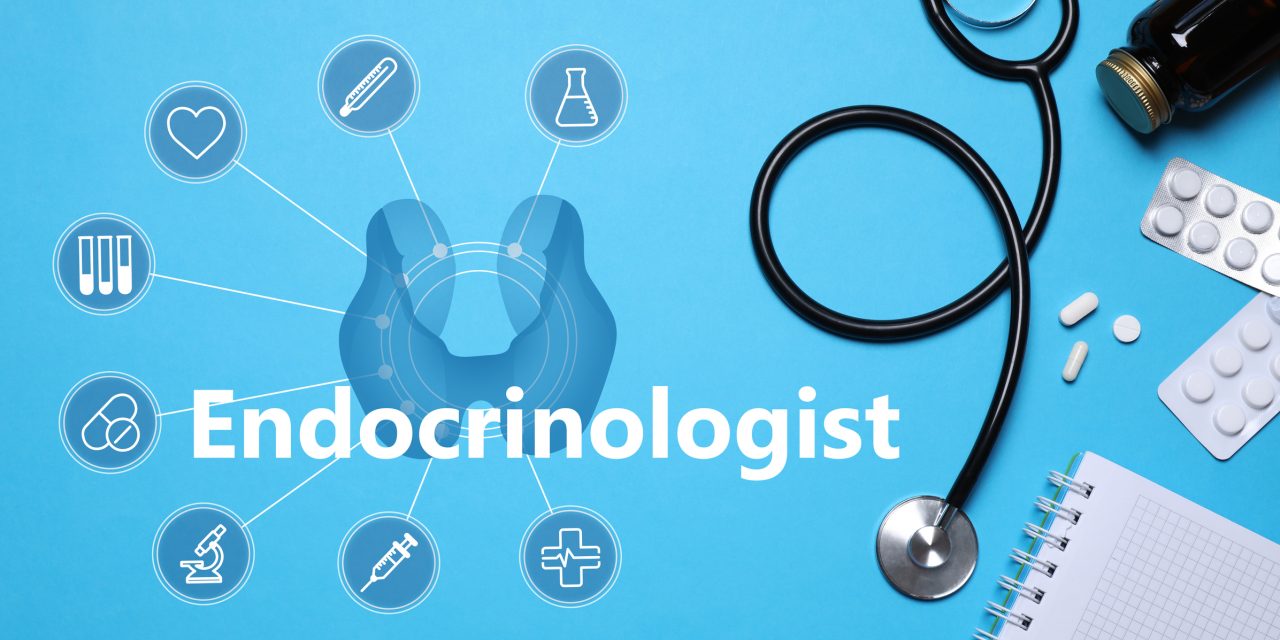To examine the differences between pregnant women who underwent embryo transfer (ET) and those who conceived naturally, as well as differences in their respective babies, and to determine the causes for these differences, to provide recommendations for women who are planning to undergo ET.
A retrospective cohort study was performed of women who had received ET and those who had natural conception (NC) who received medical services during pregnancy and had their babies delivered at the Shunde Women and Children’s Hospital of Guangdong Medical University, China between January 2016 and December 2018. In line with the requirements of the ethics committee, before the formal investigation, we first explained the content of the informed consent of the patient to the patient, and all the subjects included agreed to the content of the informed consent of the patient. Respondents agreed to visit and analyze their medical records under reasonable conditions. Each case in an ET group of 321 women was randomly matched with three cases of NC (963 cases) who delivered on the same day. The demographic information, past history, pregnancy and delivery history, and maternal and neonatal outcomes of the two groups were compared using univariate analysis.
Age, duration of hospitalization, number of pregnancies, number of miscarriages, induced abortion, ectopic pregnancy, gestational diabetes mellitus, preeclampsia, gestational anemia, pregnancy risk, mode of fetal delivery, and number of births were significantly different between the two groups (all P 0.05). The percentages for low birth weight and premature birth were significantly higher in the ET group than in the NC group. In contrast, infant gender and prevalence of fetal macrosomia, fetal anomaly, neonatal asphyxia, and extremely low birth weight were not significantly different between the two groups (all P > 0.05).
The clinical outcomes of mothers and the birth status of infants were better in the NC group than in the ET group. Maternal health must be closely monitored and improved in the ET group to reduce the incidence of gestational comorbidity and enhance the quality of fetal life.
Comparison of general maternal and neonatal conditions and clinical outcomes between embryo transfer and natural conception.


